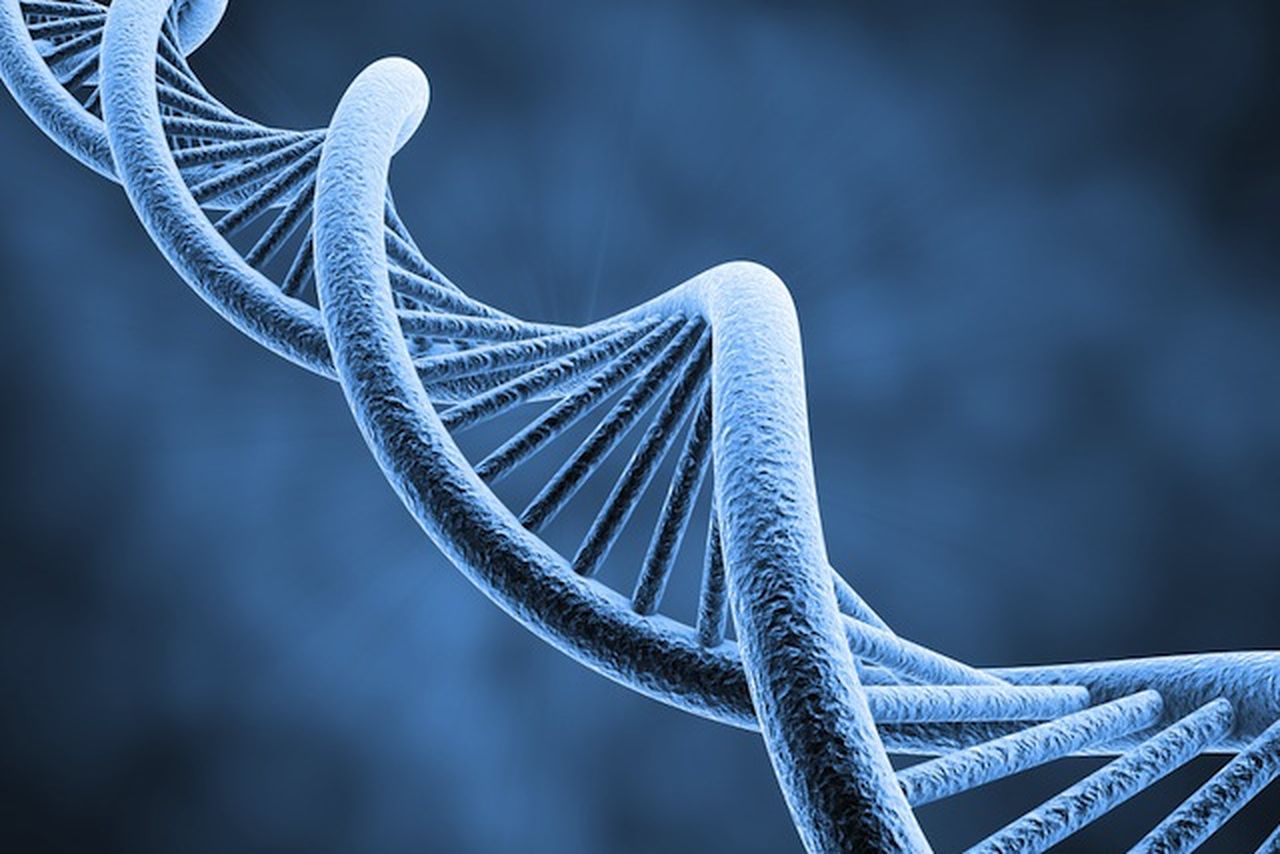World News (AP) – Britain’s fertility regulator has approved a scientist’s request to edit the human genetic code in an effort to fight inherited diseases — but critics fear the new technique crosses too many ethical boundaries.
 The Human Fertilization and Embryology Authority announced Monday it has granted a research application to a team to try to understand the genes that human embryos need to develop successfully.
The Human Fertilization and Embryology Authority announced Monday it has granted a research application to a team to try to understand the genes that human embryos need to develop successfully.
Scientists say gene-editing techniques could one day lead to treatments for conditions like HIV, which causes AIDS, and inherited diseases like muscular dystrophy and sickle cell disease.
Kathy Niakan of the Francis Crick Institute, plans to use gene editing to analyze the first week of an embryo’s growth.
This research will “enhance our understanding of (in vitro fertilization) success rates, by looking at the very earliest stage of human development,” said Dr. Paul Nurse, director of the Francis Crick Institute.
Peter Braude, an emeritus professor of obstetrics and gynecology at King’s College London, said the mechanisms being investigated by Niakan and colleagues “are crucial in ensuring healthy, normal development and implantation” and could help doctors understand how to improve in vitro fertilization rates and prevent miscarriages.
Braude is not connected to Niakan’s research.
Last year, Chinese researchers made the first attempt at modifying genes in human embryos. Their laboratory experiment didn’t work — the embryos weren’t viable — but raised the prospect of altering genes to repair the genes of future generations.
The gene-editing technique was developed partly in the U.S. and scientists there have experimented with the method in animals and in human cells in the laboratory. Gene editing has not been used for any kinds of patient therapies yet.
Around the world, laws and guidelines vary widely about what kind of research is allowed on embryos, since it could change the genes of future generations. In the U.S., the National Institutes of Health cannot fund research on human embryos but private funding is allowed.
Critics warn that tweaking the genetic code this way could eventually produce a slippery slope that eventually leads to so-called “designer babies,” where parents seek taller, stronger or smarter children with specific physical characteristics.
“This is the first step on a path that scientists have carefully mapped out towards the legalization of (genetically modified) babies,” said David King, of anti-gene manipulation group Human Genetics Alert. He spoke last month when the British fertility regulator held its meeting to decide whether to grant the gene-editing license.
At an international meeting in Washington last year, scientists agreed that efforts to research the possibility of gene editing should continue, despite the ethical and legal problems the technique raises.
Last year, British lawmakers voted to allow scientists to create babies from the DNA of three people to prevent children from inheriting potentially fatal diseases from their mothers. In doing so, it became the first country in the world to allow genetically modified embryos to be transferred into women.
by ASSOCIATED PRESS

